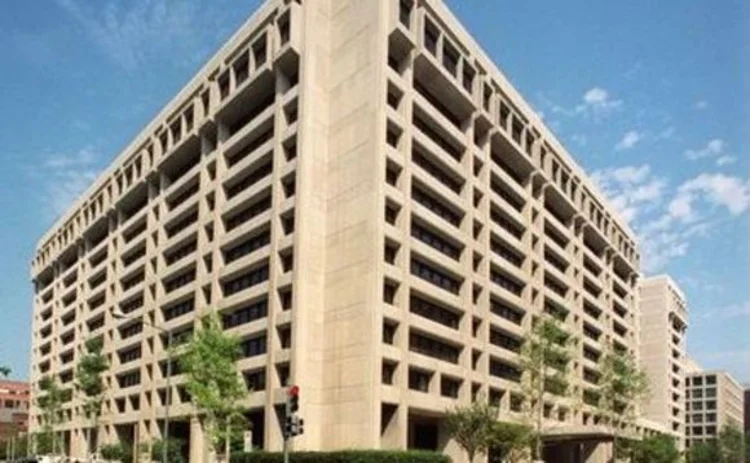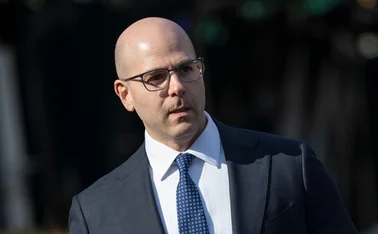
Clamour for action on IMF quotas as US continues to stall

Economic policy-makers from across the globe have called for progress on reforms to International Monetary Fund (IMF) quotas that would give emerging markets a greater say in the organisation.
If enacted, the reforms would see emerging markets contributing more money to the IMF, and concomitant with that, a stronger say in the Fund's activities. But countries representing 85% of total vote share must first ratify the reforms.
Since the reforms were agreed in late 2010, 141 countries have
Only users who have a paid subscription or are part of a corporate subscription are able to print or copy content.
To access these options, along with all other subscription benefits, please contact info@centralbanking.com or view our subscription options here: www.centralbanking.com/subscriptions
You are currently unable to print this content. Please contact info@centralbanking.com to find out more.
You are currently unable to copy this content. Please contact info@centralbanking.com to find out more.
Copyright Infopro Digital Limited. All rights reserved.
As outlined in our terms and conditions, https://www.infopro-digital.com/terms-and-conditions/subscriptions/ (point 2.4), printing is limited to a single copy.
If you would like to purchase additional rights please email info@centralbanking.com
Copyright Infopro Digital Limited. All rights reserved.
You may share this content using our article tools. As outlined in our terms and conditions, https://www.infopro-digital.com/terms-and-conditions/subscriptions/ (clause 2.4), an Authorised User may only make one copy of the materials for their own personal use. You must also comply with the restrictions in clause 2.5.
If you would like to purchase additional rights please email info@centralbanking.com







